12 Ways Your Kids Are Raising Their Kids Differently Than You Did
Parenting has come a long way since your kids were little, and watching them raise their own is eye-opening. Modern approaches feel warmer, collaborative, and tuned in to children’s emotional needs. While traditional parenting had its strengths, today’s methods reflect shifting values, changing lifestyles, and a deeper understanding of child development, and embrace the following:
Engaging in Open Communication

Credit: iStockphoto
Gone are the days when “because I said so” was the end of the conversation, as many parents now explain the reasons behind their rules and expectations. Kids help brainstorm solutions, weigh options, and even negotiate consequences. This approach builds trust, keeps communication flowing, and makes children more invested in following through.
Egalitarian Relationships
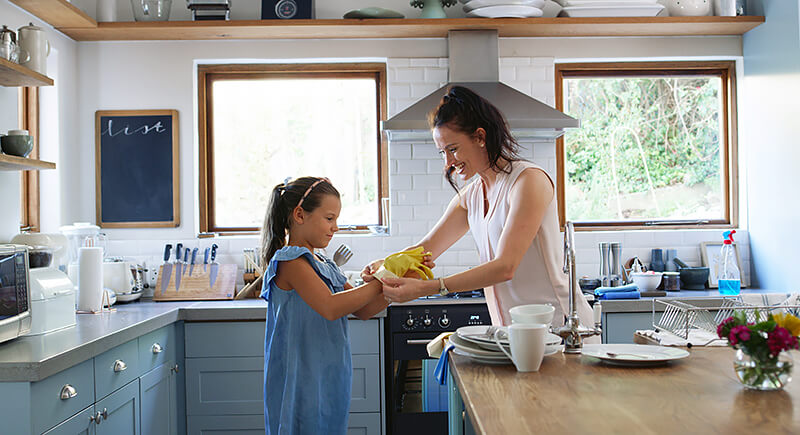
Credit: iStockphoto
These Ways Your Kids Are Raising Their Kids Differently Than You Did instead of one parent carrying the bulk of household and childcare duties, many modern families share responsibilities equally, modeling balanced gender roles for their kids. Research on marriage shows that this teamwork helps children see caregiving and leadership as shared. They learn cooperation, empathy, and problem-solving firsthand, which can shape more inclusive attitudes as adults.
Being Flexible and Willing to Adjust Parenting Style

Credit: iStockphoto
Raising kids rarely follows one formula. Parents shift gears as children grow, letting go of what no longer works and trying new approaches that fit the moment. A rule that calmed a preschooler might frustrate a grade-schooler. By staying responsive, parents build an environment where kids feel understood and supported.
More Time Spent with Children
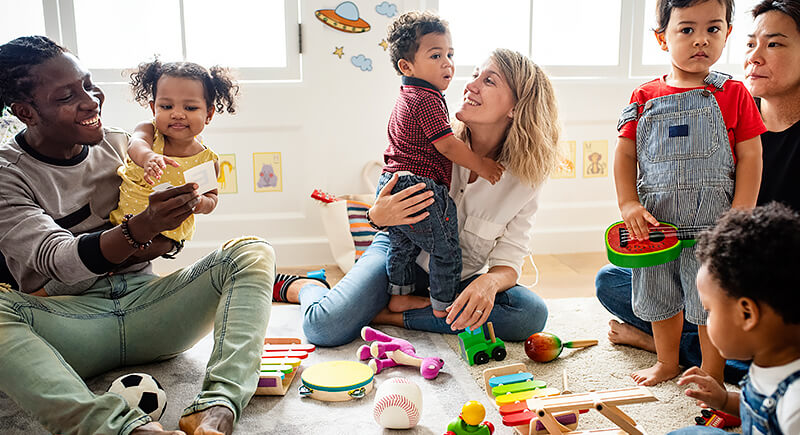
Credit: iStockphoto
Modern fathers and mothers squeeze in family time wherever they can, whether it’s a quick breakfast chat or an after-dinner walk. Scheduling “special nights” or attending kids’ activities strengthens bonds and shows them they matter. According to child development experts, this consistent presence can improve emotional security and boost overall family happiness.
Boosting Children’s Self-Esteem
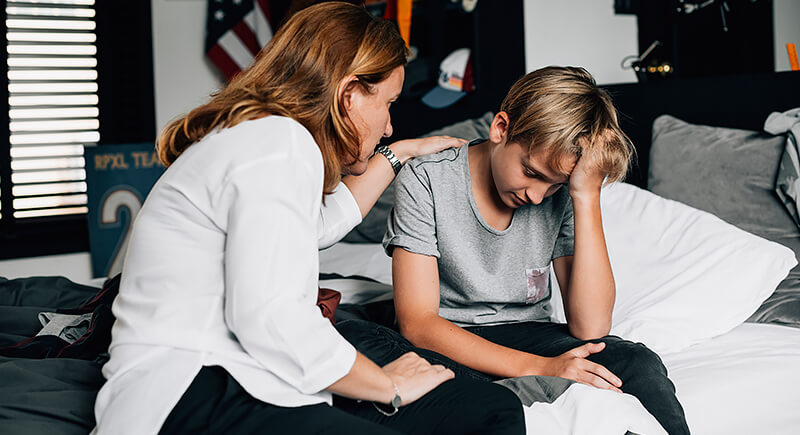
Credit: iStockphoto
Instead of waiting for perfect grades or medals, parents recognize effort in everyday moments. A child who keeps trying after a mistake gets encouragement, not judgment. Psychologists call this a growth mindset: the belief that ability grows through practice. Coupled with steady affection and small choices kids can control, it builds real confidence that lasts.
Catching Kids Being Good

Credit: iStockphoto
Today’s parents spot and praise good behavior as much as, if not more than, correcting misbehavior. This method, supported by parenting research, reinforces desired actions and strengthens relationships. A simple “I noticed you helped your sister” can motivate kids to repeat those behaviors without the constant shadow of criticism.
Setting Limits and Being Consistent with Discipline

Credit: iStockphoto
Discipline currently focuses less on punishment and more on teaching self-control. Many parents explain rules, give warnings, and follow through consistently so the young ones learn expectations. This balance of firmness and empathy encourages responsibility and avoids the fear-driven obedience that older generations sometimes relied on.
Being a Good Role Model
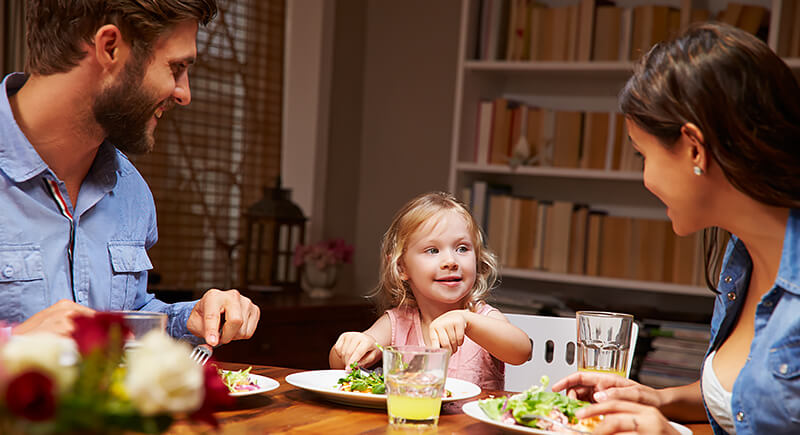
Credit: iStockphoto
Children study what parents do more than what they say. Courtesy at the table, patience in an argument, or honesty in small matters become lessons that stick. When adults handle stress without lashing out and approach problems with calm persistence, kids absorb those habits and carry them forward into their own lives.
Showing Unconditional Love
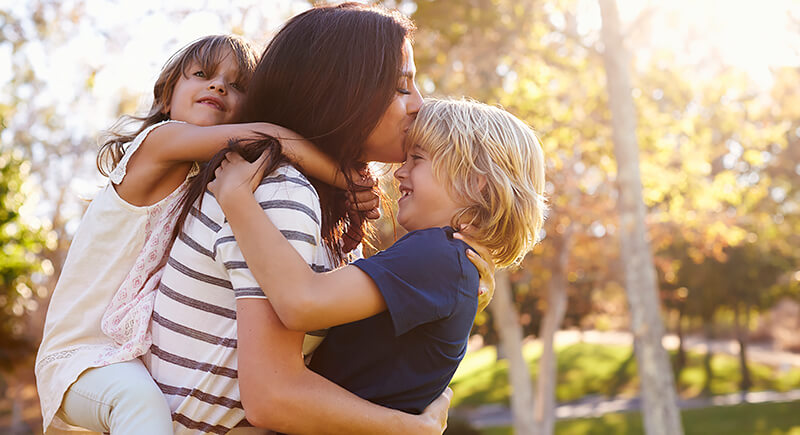
Credit: iStockphoto
Unlike before, parents now make it clear that affection isn’t withdrawn when kids mess up. Instead of shame-based corrections, they guide with empathy and support. Regular reassurance, active listening, and patience show children their worth doesn’t hinge on perfection, building trust and emotional security in ways older parenting models sometimes lacked.
Knowing Your Needs and Limitations as a Parent

Credit: iStockphoto
Kids notice when parents push past exhaustion and when they pause to regroup. Admitting you’re tired, asking for help, or stepping back for a moment shows that self-care isn’t weakness. It teaches children that tending to their own well-being is part of responsibility, not something to ignore until it breaks you.
Involvement in Decision-Making

Credit: iStockphoto
Today, kids get invited to help decide on matters that affect them, whether it’s dinner plans or vacation spots. Experts say this builds confidence, responsibility, and communication skills. Children feel valued when their opinions count, making them more likely to engage thoughtfully in bigger decisions as they grow.
Giving Age-Appropriate Responsibilities

Credit: iStockphoto
Small jobs grow with the child. A toddler might stack blocks back in a bin; a teenager might plan a meal or track a calendar. These tasks build skill and confidence step by step. By keeping responsibilities in line with what kids can handle, parents prepare them for real independence without piling on too much too soon.
Talking About Ups and Downs
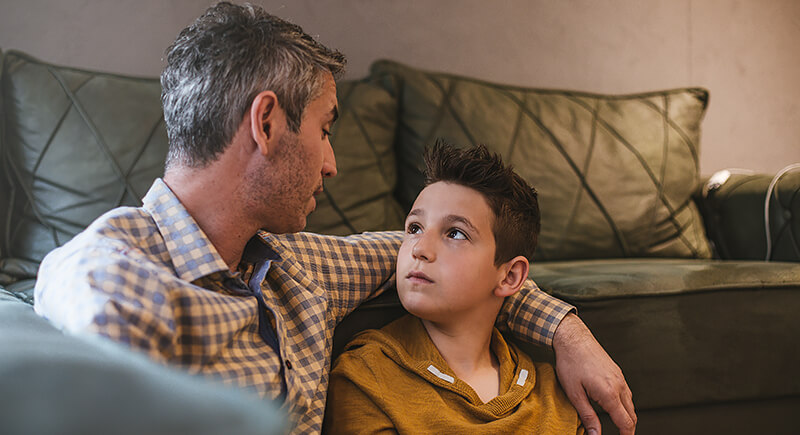
Credit: iStockphoto
Parents don’t hide every hardship. A rough day at work or a small mistake becomes something to share, not conceal. Children see that setbacks happen to everyone and that feelings are safe to talk about. Over time, this openness teaches resilience and gives kids the tools to handle their own challenges without shame.
Respecting Boundaries

Credit: iStockphoto
Parents now emphasize that personal space and limits matter. A simple “no” stands on its own, without apology or debate. Kids who grow up with this lesson learn to value their own comfort and notice when others set limits too. The result is a foundation for empathy and healthier relationships as they get older.
Focusing On Mental Health

Credit: iStockphoto
Today, mental well-being is treated with the same priority as physical health. Conversations about anxiety, stress, and therapy are normalized, reducing stigma. By modeling self-care, teaching coping skills, and seeking professional help when needed, parents equip kids with tools to handle life’s pressures in healthier, more proactive ways.